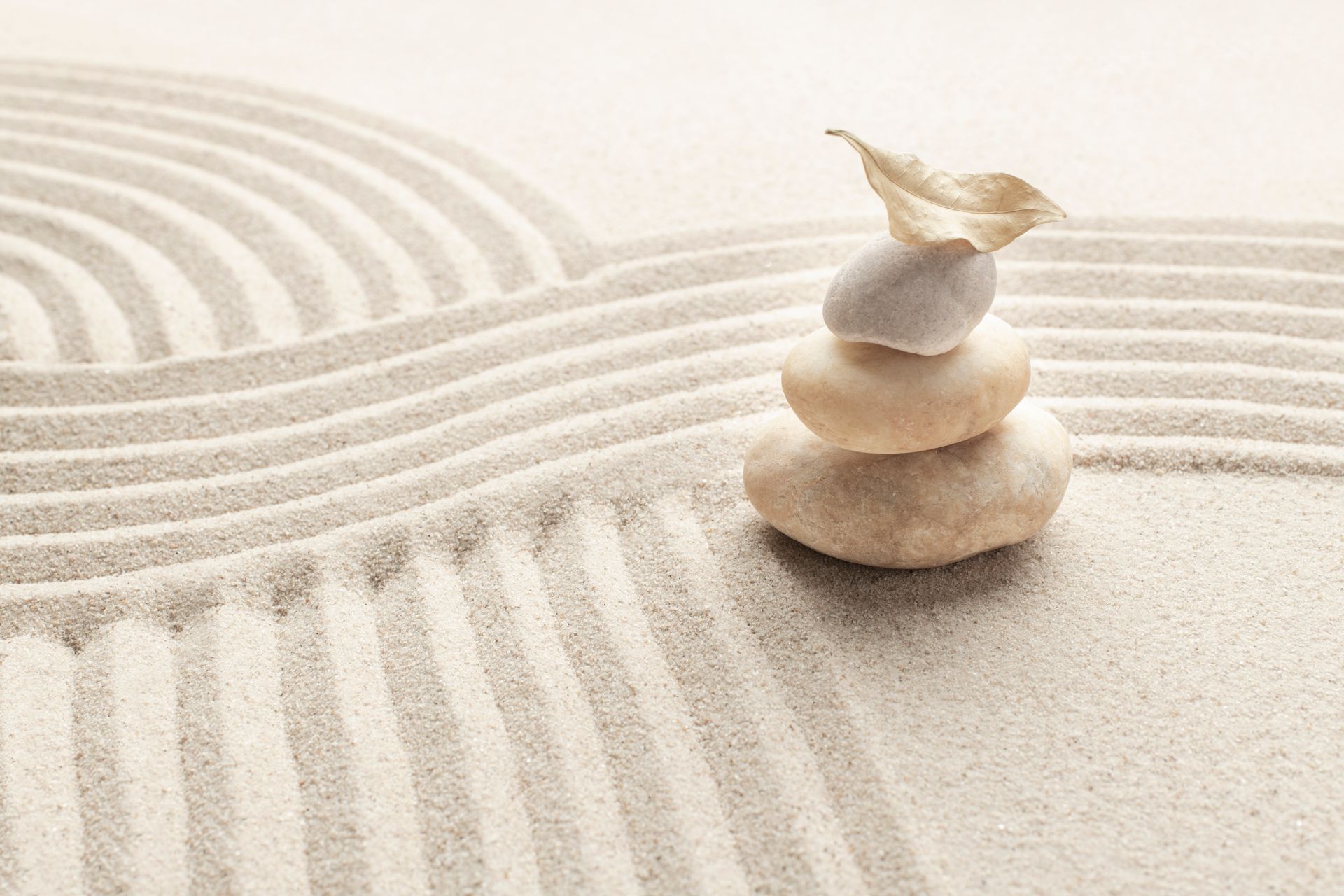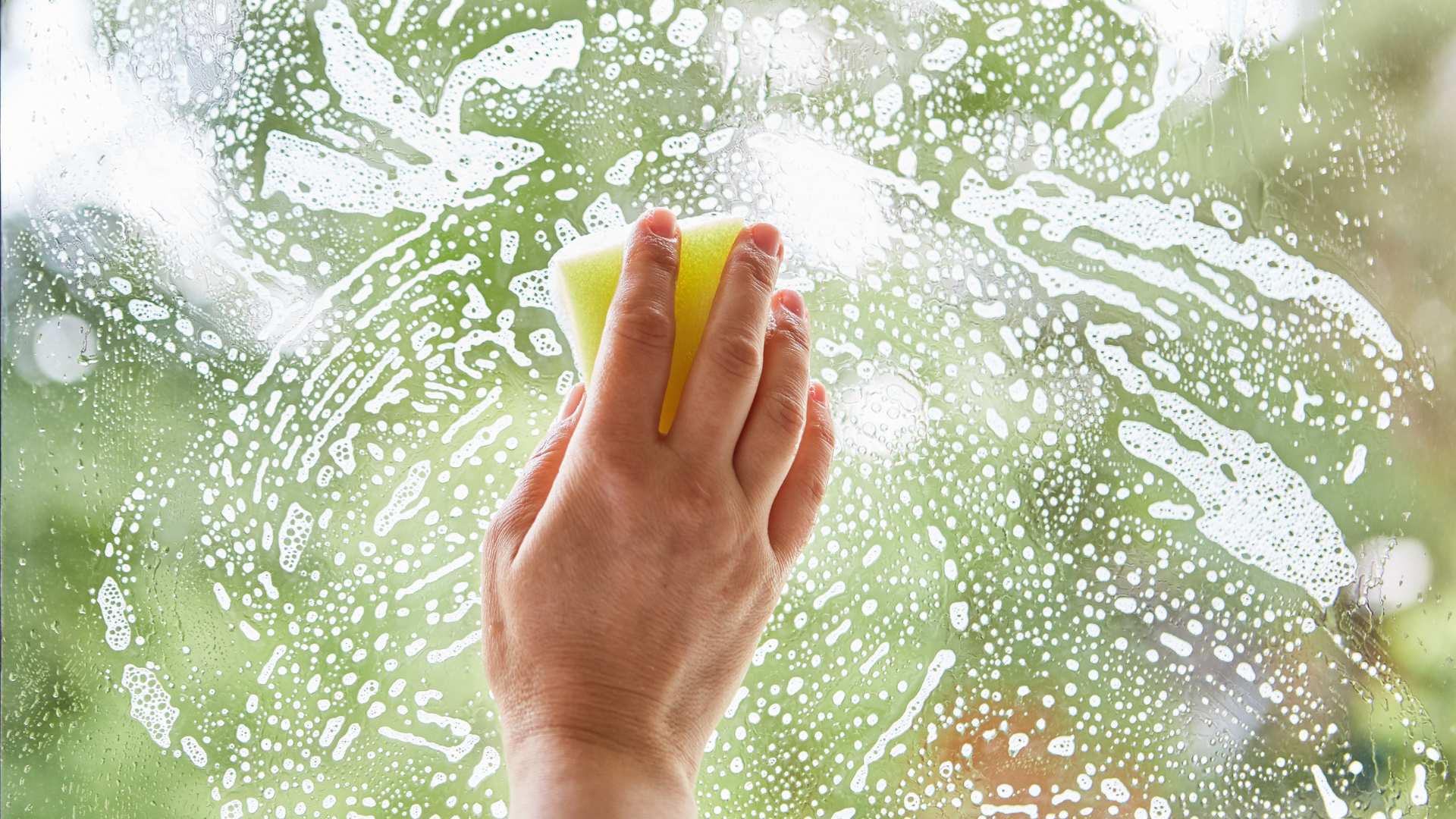Life Is a Balancing Act: Why Maintaining Balance Matters

By Thrive Waco Therapist Katherine Moore, MA, LPC-Associate
A BALANCED LIFE VS. AN IMBALANCED LIFE
The Grounding Benefits of Balance
Leading a balanced life means equally distributing your energy among things that sustain you physically, mentally, and emotionally. These often include a mix of “work and play,” such as employment, relationships, social activities, hobbies, and self-care practices. Balance between one’s obligations and interests creates a stable foundation that equips individuals to embody their best selves, cope with unexpected obstacles, and manage stress .
The Draining Nature of Imbalance
Alternatively, imbalance in one’s life can upset a person’s overall well-being. Instead of balancing their attention between endeavors that nourish their physical, mental, and emotional health, individuals struggling with imbalance tend to overextend themselves, dedicating a disproportionate amount of their energy to activities that don’t cultivate comparable happiness. Investing too much time in undertakings that diminish your spirit can lead to burnout, which can cause you to feel exhausted, stressed, irritable, unsociable, and sick.
GET CENTERED: HOW TO ACHIEVE BALANCE IN YOUR LIFE
When setting out to find a sense of balance between your obligations and interests, it’s important to consider how your current priorities align with your values.
You can assess this by asking yourself:
- What elements of my life are most important to me?
- What elements of my life are currently receiving the majority of my time and energy?
- How much of my time and energy am I currently spending on the aspects of my life that I feel are most important?
- How much of my time and energy am I currently spending on the aspects of my life that I feel are less important?
Your responses should provide clarity on the facets of your life that reward your attention with more purposefulness, contentment, and joy. Alternatively, self-inquiry should offer more insight into the parts of your life that are not worth as much of your energy.
With this new understanding, you may consider setting healthy boundaries, saying no to obligations that aren’t serving you, and saying yes to your physical, mental, and emotional needs. By dedicating more of yourself to the elements of your life that you value, you can honor your authenticity, nurture your inner-self, and embrace life with renewed inspiration.
Just as life is ever-changing, balance is an ongoing and evolving practice. New developments will inevitably arise, so it’s important to remain both flexible and intentional as you adjust the allocation of your attention to elements that nourish your well-being.
DISCOVERING HARMONY IN ALL AREAS OF YOUR LIFE
By offering unbiased, professional perspectives, therapists can guide you in evaluating the state of balance in your life. From there, they can empower you to establish balance, so you can embrace each day feeling exhilarated rather than exhausted. If you would like to learn more about Thrive’s therapeutic services , reach out to us.
About the Author
Thrive Waco Therapist Katherine Moore, MA, LPC-Associate
Katherine’s areas of clinical focus include mood disorders (such as depression and anxiety), adjustment, identity, self-esteem, life transitions, relationships, as well as grief and loss. She’s passionate about facilitating growth, providing empathy, and forming genuine connections with clients. Katherine believes that we all have stories that shape us and make us who we are, and she feels honored to create a safe space where an individual’s story can be shared. She hopes that all clients feel seen and heard during sessions with her and that through the process of therapy they discover new insights, awareness, authenticity, and self-agency.
Katherine earned her Master of Arts degree in Clinical Mental Health Counseling from the University of Mary Hardin-Baylor. She earned her Bachelor of Arts in English at the University of Mary Hardin-Baylor as well.
Quality time is one of Katherine’s top love languages, and when not at Thrive she can be found sharing that time with those she cares for, browsing bookstores, watching the same shows repeatedly on Netflix, exploring the outdoors, and traveling.
Supervised by Erin McGinty Fort, LPC-Supervisor (76628) | Texas State Board of Examiners of Professional Counselors
The post Life Is a Balancing Act: Why Maintaining Balance Matters first appeared on Thrive Wellness.

Start your healing journey today
NEXT STEPS
Are you ready to find hope? We can't wait to connect you with the care you need. To get started with us, please reach out using the link below.

Obsessive Compulsive Disorder

Perinatal
Mental Health
Obsessive Compulsive Disorder
Perinatal
Mental Health
SITE MENU
THRIVE LOCATIONS
Reno, NV 89501
OCD & Anxiety Disorders
Luella Garvey House
Perinatal Mental Health
"It Takes A Village"
Virtual Program
All Rights Reserved | Thrive Wellness | PRIVACY POLICY





